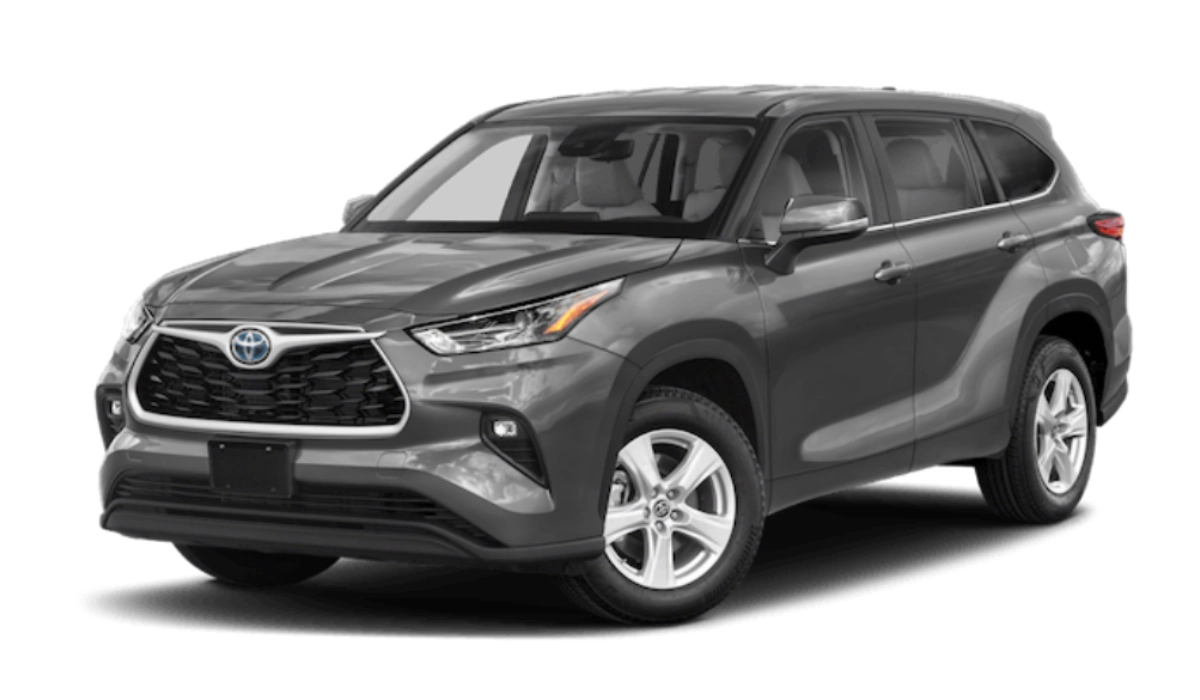If you are new to the world of hybrid vehicles (also referred to simply as “hybrids”), chances are that you have questions about how they work and what you stand to benefit from owning and using one. Which is good. Asking questions is how we learn. So, let’s get started with defining what a hybrid is.
Table of Contents
What does the word hybrid mean?
The word “hybrid” refers to the presence of more than one component. In this case, a hybrid vehicle is one that uses two different types of engines for its operation. The most common combination that we see in hybrids is an Internal combustion engine using gasoline and an electric motor powered by a battery.
In the gasoline-electric hybrid configuration, the vehicle is powered by an internal combustion engine fueled by gasoline, as well as an electric motor powered by a battery pack. In all hybrid cars, the electric motor assists the engine during acceleration, deceleration, and low-speed driving, reducing the reliance on the gasoline engine and saving fuel. In a certain class of hybrid cars, the powertrain can switch the car completely from one power source to another.

During certain conditions, such as low-speed city driving or coasting, a hybrid may operate solely on electric power, with the internal combustion engine temporarily shut off. This feature, known as “electric mode” or “electric drive,” helps to reduce emissions and improve fuel efficiency, particularly in stop-and-go traffic situations.
Hybrids also have a feature known as regenerative braking. Regenerative braking captures and stores energy generated during braking or deceleration. This energy is then used to recharge the battery pack, further improving the vehicle’s efficiency.
What are the different types of Hybrid Vehicles?
There are several different types of hybrid vehicles, including parallel hybrids, series hybrids, and plug-in hybrids.
Parallel hybrids use both the gasoline or diesel engine and the electric motor to power the vehicle. Note that the electric motor is usually powerful enough to assist the gasoline engine and for low-speed driving. The bulk of the work of moving the vehicle is done by the gasoline engine. The battery pack is charged through regenerative braking and coasting.
Series hybrids rely primarily on the electric motor and use the gasoline or diesel engine to recharge the battery pack. As such, they have a bigger battery pack and a more powerful electric motor than parallel hybrids do. Also, the battery pack of a series hybrid is not chargeable through an external power source.
Plug-in hybrids have larger battery packs and can be recharged by plugging them into an electrical outlet, allowing them to run on electric power for longer periods of time. Plug-in hybrids have the biggest battery packs and the most powerful electric motors.
Hybrid cars, and vehicles in general, have several advantages and disadvantages. I list some of the most notable ones in the sections below.
Advantages of Hybrid Vehicles
- Fuel Efficiency: Hybrids are designed to be more fuel-efficient than traditional vehicles. By combining an electric motor with a gasoline or diesel engine, hybrid vehicles can achieve better gas mileage and emit fewer pollutants.
- Environmental Friendliness: Hybrid vehicles emit fewer pollutants than traditional vehicles, making them more environmentally friendly. They also use regenerative braking systems, which capture energy that would otherwise be lost during braking and use it to recharge the battery pack.
- Tax Incentives: Many governments offer tax incentives for purchasing hybrid cars and vehicles, which can help offset the higher cost of these vehicles.
- Quiet and Smooth Ride: Hybrid vehicles are often quieter and smoother than traditional vehicles, thanks to the electric motor’s ability to provide instant torque.
Disadvantages of Hybrid Vehicles
- Higher Cost: Hybrid vehicles are often more expensive than traditional vehicles, due to the additional technology required to power the electric motor and battery pack.
- Limited Range: Hybrid vehicles often have a limited electric-only range, which means they may still need to rely on the gasoline or diesel engine for longer trips.
- Battery Pack Maintenance: The battery pack in a hybrid vehicle requires regular maintenance and eventual replacement, which can be expensive.
- Lack of Power: Some hybrid vehicles may have less power than traditional vehicles, due to the smaller size of the gasoline or diesel engine and the added weight of the electric motor and battery pack.

